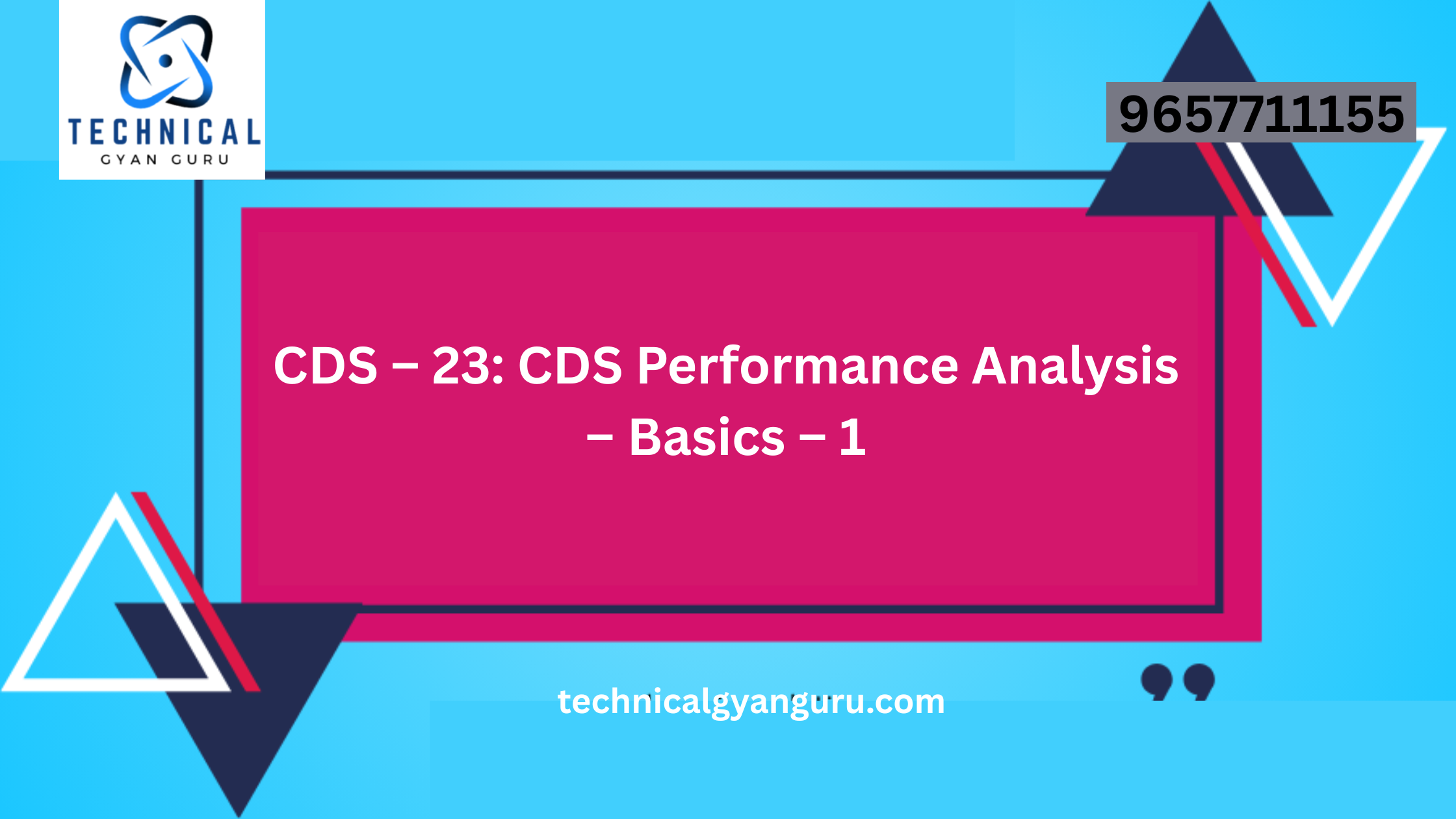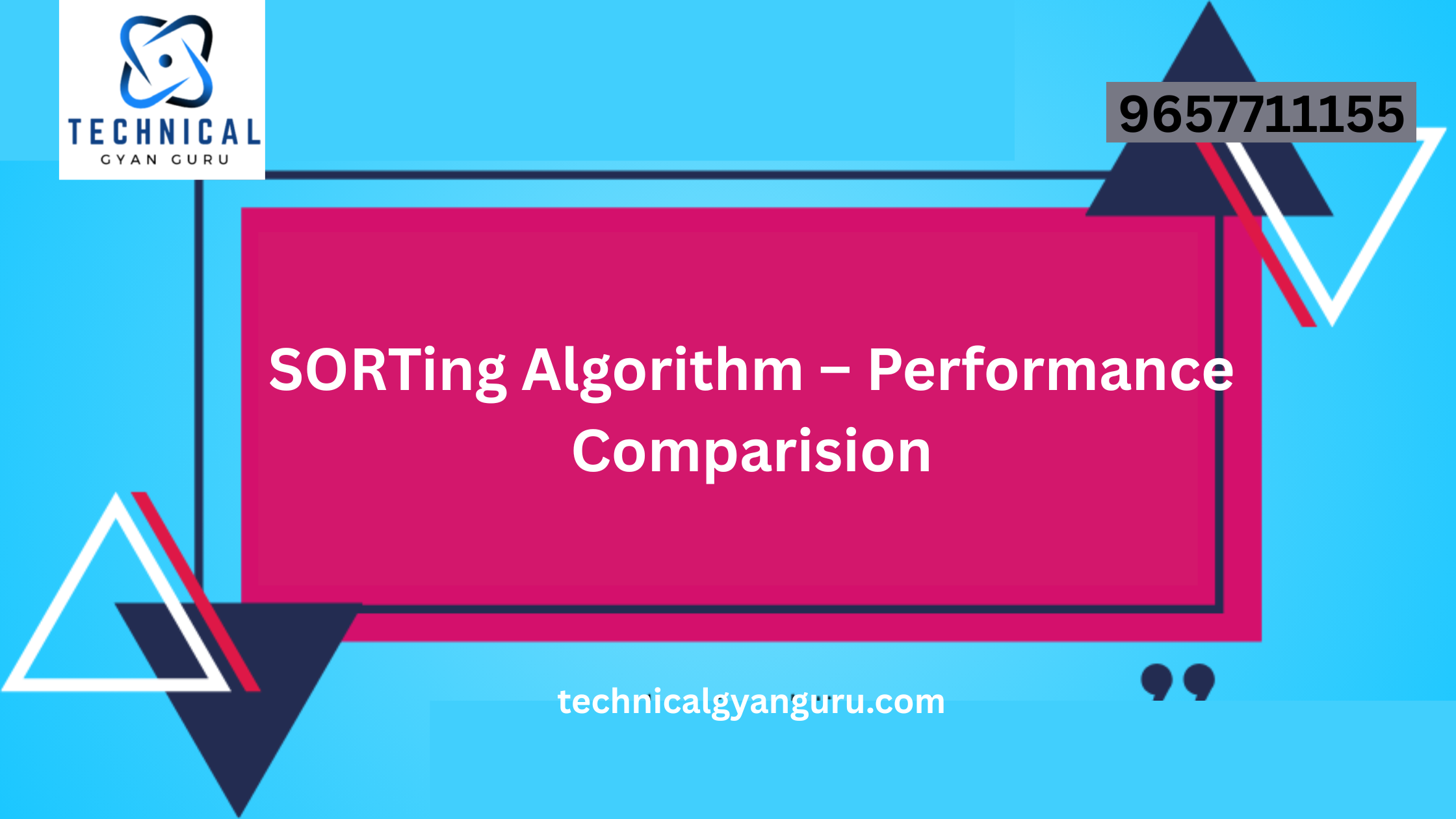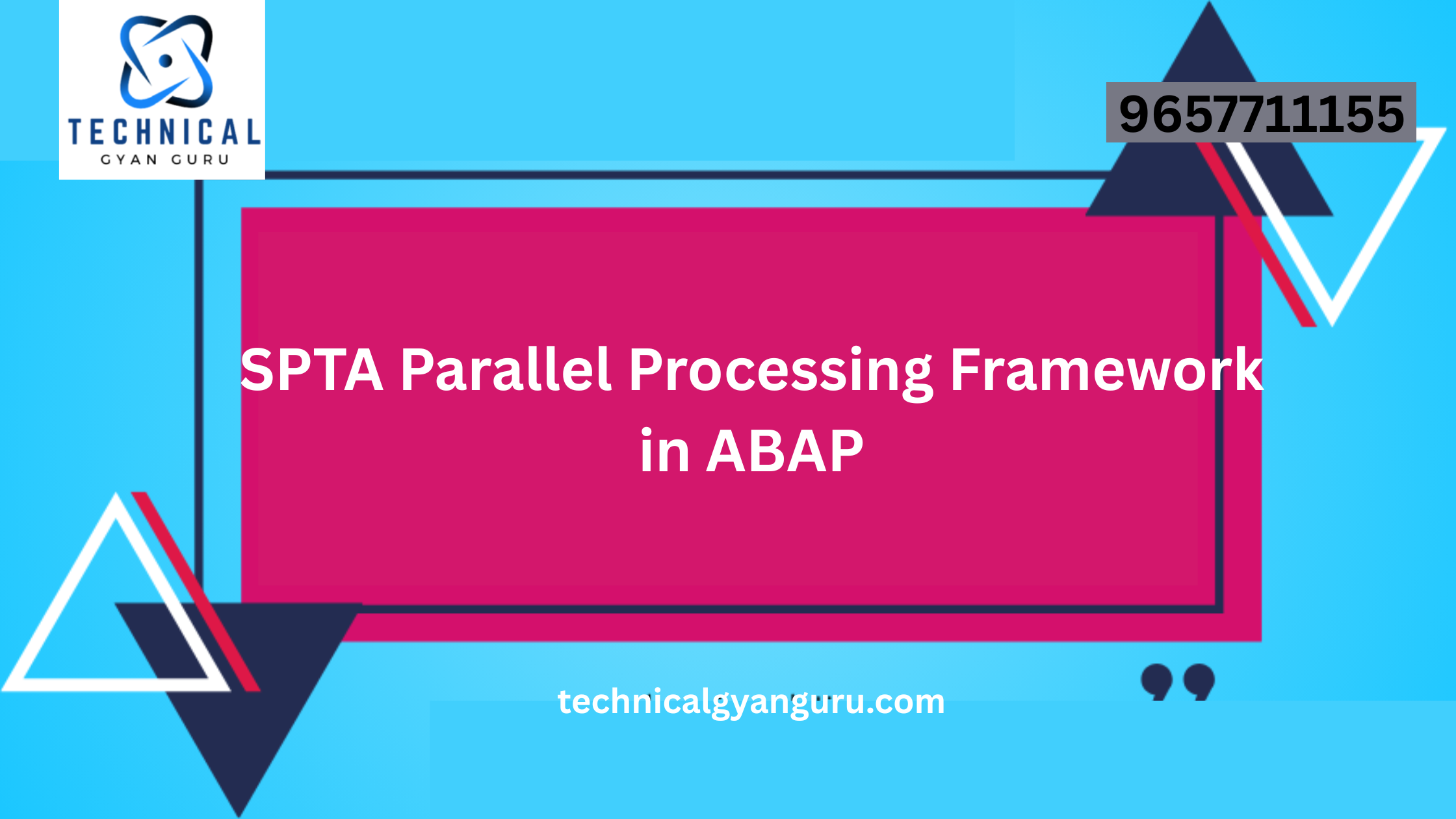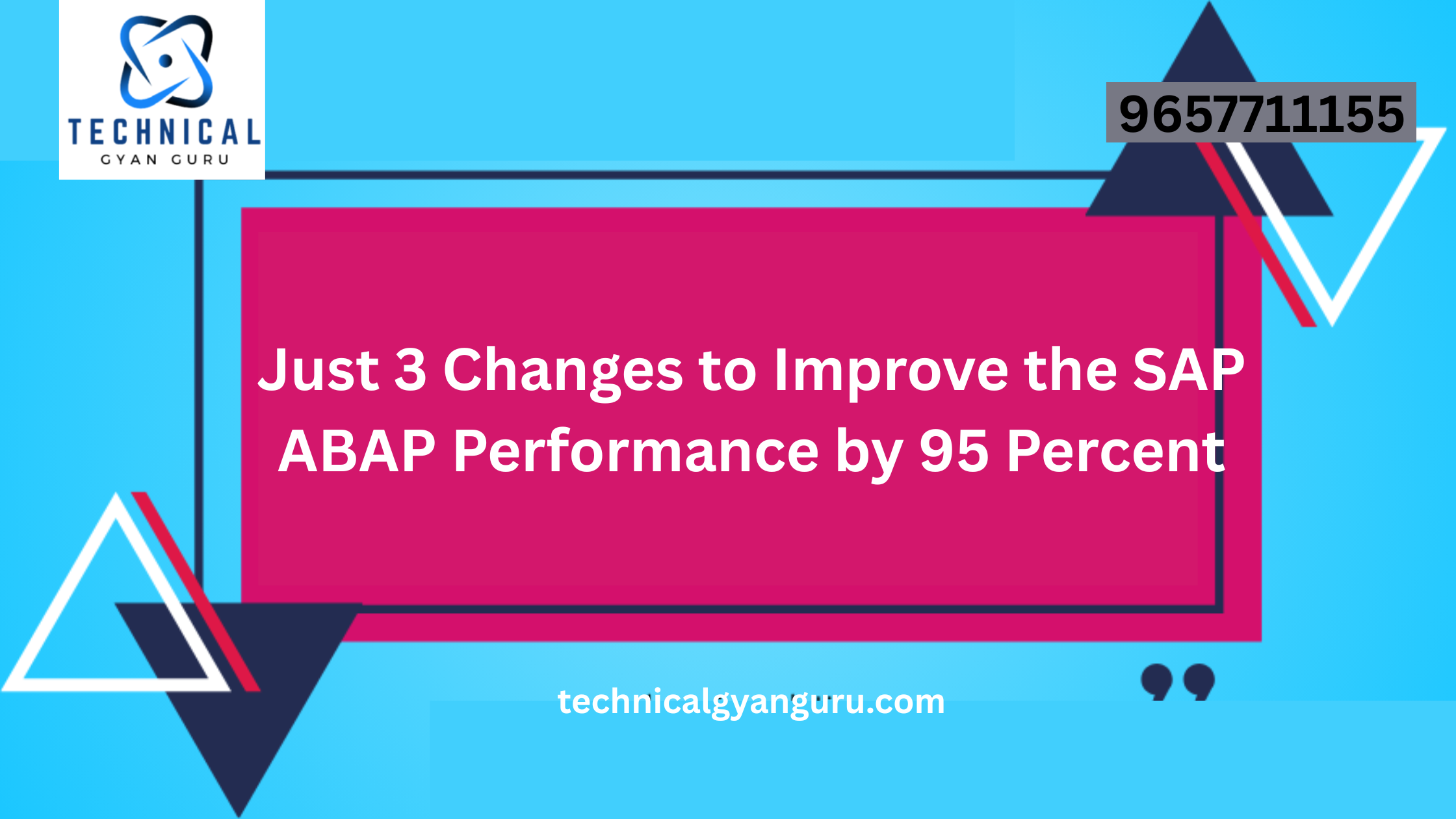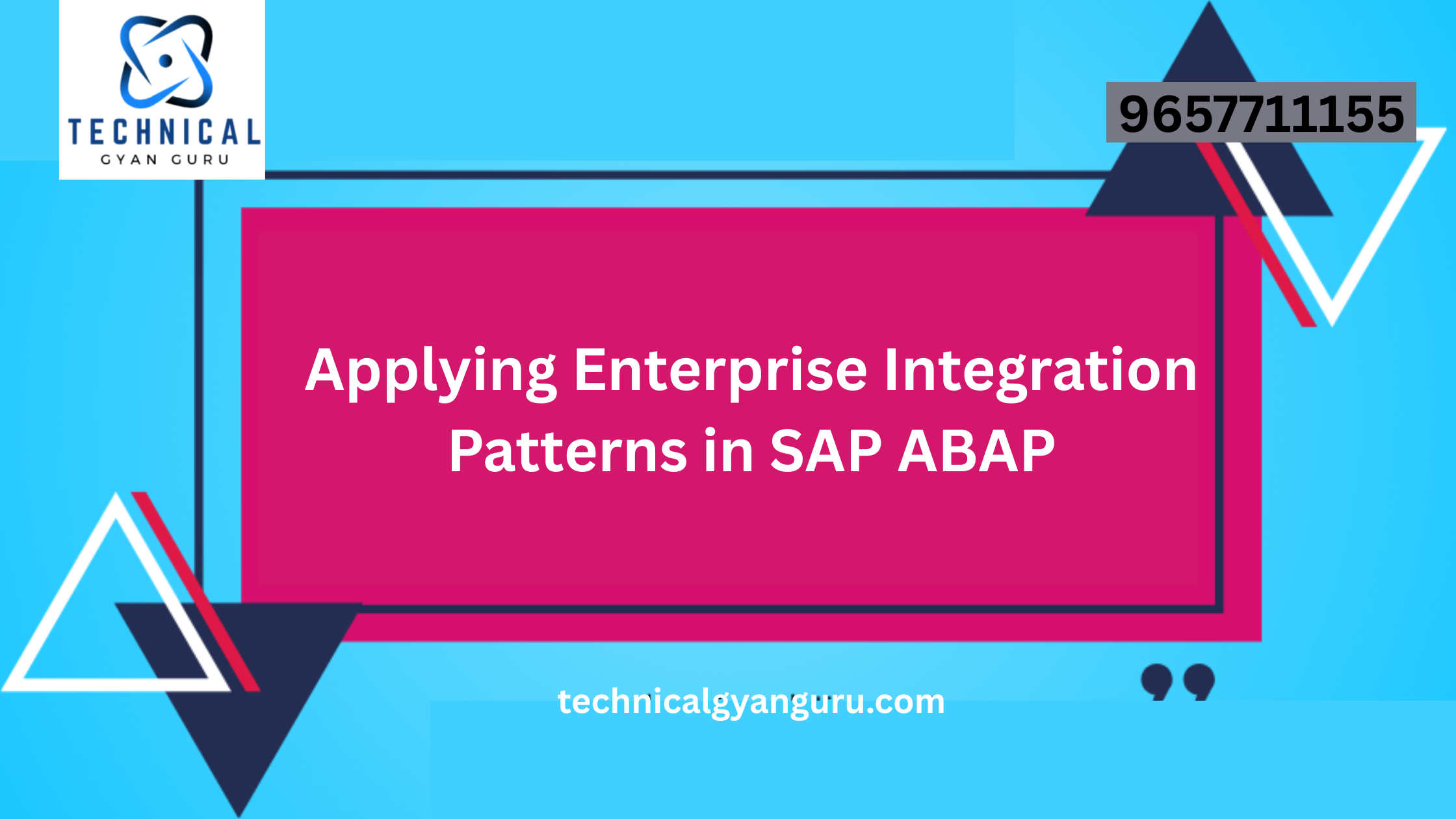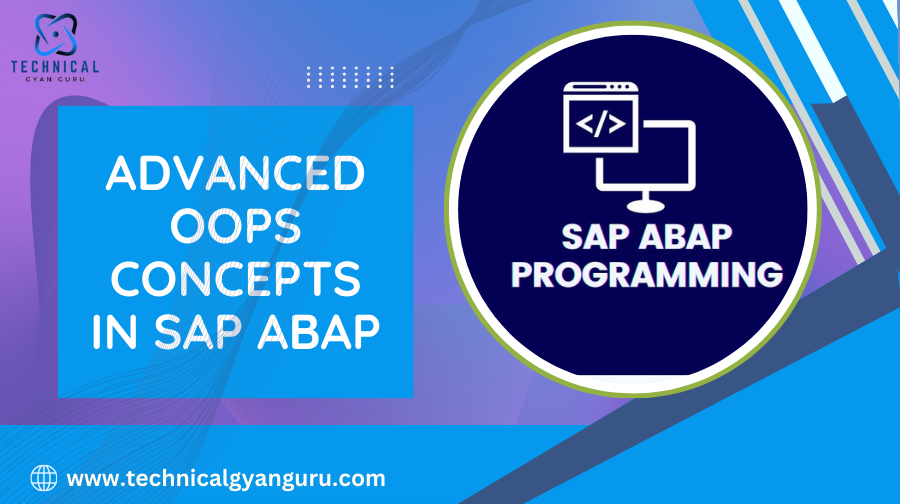
Dive deep into advanced OOP concepts in SAP ABAP. Explore encapsulation, inheritance, polymorphism, and more to elevate your ABAP programming skills
At E-learning Solutions, we understand the growing importance of ABAP object-oriented programming (OOP) in the SAP landscape. This blog delves into advanced OOP concepts that empower you to design, develop, and maintain robust and reusable SAP applications. Our expertise extends beyond theory, as we offer comprehensive SAP courses, including both online and offline options conveniently located in Khardi, Pune.Are you ready to elevate your SAP ABAP programming skills to the next level? Understanding advanced Object-Oriented Programming (OOP) concepts in SAP ABAP is crucial for building efficient, modular, and maintainable applications. In this comprehensive guide, we’ll delve into the core principles of OOP and how they apply to SAP ABAP, providing you with the knowledge and tools to master these concepts.
1.1 What is OOP?
Object-Oriented Programming (OOP) is a programming paradigm centered around the concept of “objects,” which are instances of classes. This paradigm is designed to improve code organization, reusability, and scalability by modeling real-world entities and their interactions within software applications. OOP is built upon several core principles that collectively enable developers to create modular, maintainable, and robust code.
Example:
CLASS lcl_shape DEFINITION ABSTRACT.
PUBLIC SECTION.
METHODS: draw ABSTRACT.
ENDCLASS.
CLASS lcl_circle DEFINITION INHERITING FROM lcl_shape.
PUBLIC SECTION.
METHODS: draw REDEFINITION.
ENDCLASS.
CLASS lcl_circle IMPLEMENTATION.
METHOD draw.
WRITE: / ‘Drawing a circle’.
ENDMETHOD.
ENDCLASS.
DATA: lo_shape TYPE REF TO lcl_shape.
lo_shape = NEW lcl_circle( ).
lo_shape->draw( ).
Benefits of OOP
- Modularity: OOP enables developers to break down complex systems into smaller, manageable pieces by creating classes and objects. This modular approach enhances code organization and maintainability.
- Code Reusability: Through inheritance and the reuse of existing classes, developers can avoid redundancy and create new functionalities without duplicating code.
- Scalability: OOP supports scalability by allowing new features to be added with minimal impact on existing code. New classes can be created and integrated into the system without disrupting the existing functionality.
- Maintainability: Encapsulation and abstraction contribute to easier maintenance by allowing changes to be made within classes without affecting other parts of the codebase. This isolation of changes reduces the risk of introducing bugs.
- Flexibility: Polymorphism provides flexibility in how methods and properties are used, enabling objects of different types to be treated uniformly. This allows for more dynamic and adaptable code.
Beyond the Basics: Exploring Advanced ABAP OOP
While foundational concepts like classes, objects, inheritance, and polymorphism are crucial, mastering advanced OOP techniques unlocks a new level of development proficiency. Here, we explore some key areas:
- Interfaces and Abstract Classes: Interfaces define a contract that classes must adhere to, ensuring consistent behavior. Abstract classes provide a blueprint for inheritance, defining methods that subclasses must implement. These tools promote loose coupling and facilitate code reusability.
- Design Patterns: Reusable solutions to common software design problems, design patterns offer pre-defined structures for implementing functionalities like singletons, factories, and observers. Understanding these patterns streamlines development and promotes maintainable code.
- BC Sets and Class Libraries: ABAP offers Business Context (BC) Sets, reusable collections of classes tailored to specific business domains. The Class Library (CLAB) provides a rich set of pre-built classes for common tasks, saving development time and promoting consistency.
- Exception Handling: Robust error handling is essential for any application. ABAP’s exception handling mechanism allows you to define and manage exceptions gracefully, preventing unexpected program crashes and improving application stability.
- Deep Dive into Inheritance: ABAP supports multiple inheritance, allowing a subclass to inherit attributes and methods from multiple parent classes. Understanding advanced inheritance concepts like virtual inheritance and polymorphism (method overriding and overloading) is essential for building complex object hierarchies.
- Friend Classes and Internal Tables: Friend classes grant access to private members of another class, fostering collaboration between closely related classes. Internal tables, special table types within a class, enable efficient data storage and manipulation specific to an object’s needs.
Benefits of Mastering Advanced ABAP OOP
By incorporating these advanced OOP concepts into your development practices, you’ll reap several benefits:
- Enhanced Code Reusability: Well-designed classes and interfaces promote code reuse, reducing development time and effort.
- Improved Maintainability: Modular and well-structured code is easier to understand, modify, and debug.
- Increased Scalability: Object-oriented applications can be easily extended to accommodate new functionalities and growing business needs.
- Error Reduction: Strong encapsulation and exception handling minimize errors and enhance application stability.
- Adherence to Best Practices: Leveraging industry-standard design patterns ensures your code aligns with best practices in software development.
Empowering You with SAP ABAP Expertise
At E-learning Solutions, we are committed to equipping you with the necessary skills to excel in ABAP development. Our comprehensive SAP courses, available both online and offline in Khardi, Pune, provide in-depth training on ABAP OOP concepts, from the foundational level to advanced techniques.
Our experienced instructors will guide you through practical exercises and real-world scenarios, ensuring you gain hands-on experience and a thorough understanding of these concepts. Whether you’re a beginner or looking to refine your ABAP skills, our courses cater to all levels.
Get Started on Your SAP Development Journey Today
Contact us today to learn more about our SAP ABAP courses and unlock the potential of advanced OOP concepts in your SAP development endeavors. Together, we’ll help you build a strong foundation in ABAP and empower you to create robust, scalable, and maintainable SAP applications.
Conclusion
Object-Oriented Programming (OOP) is a powerful paradigm that brings several advantages to software development. By leveraging concepts such as encapsulation, inheritance, polymorphism, and abstraction, developers can create well-structured, reusable, and maintainable code. Understanding these core principles and their applications in programming languages like SAP ABAP is essential for building efficient and scalable software solutions. Embracing OOP will not only enhance your coding skills but also enable you to tackle complex programming challenges with confidence.
you may be interested in this blog here:-




